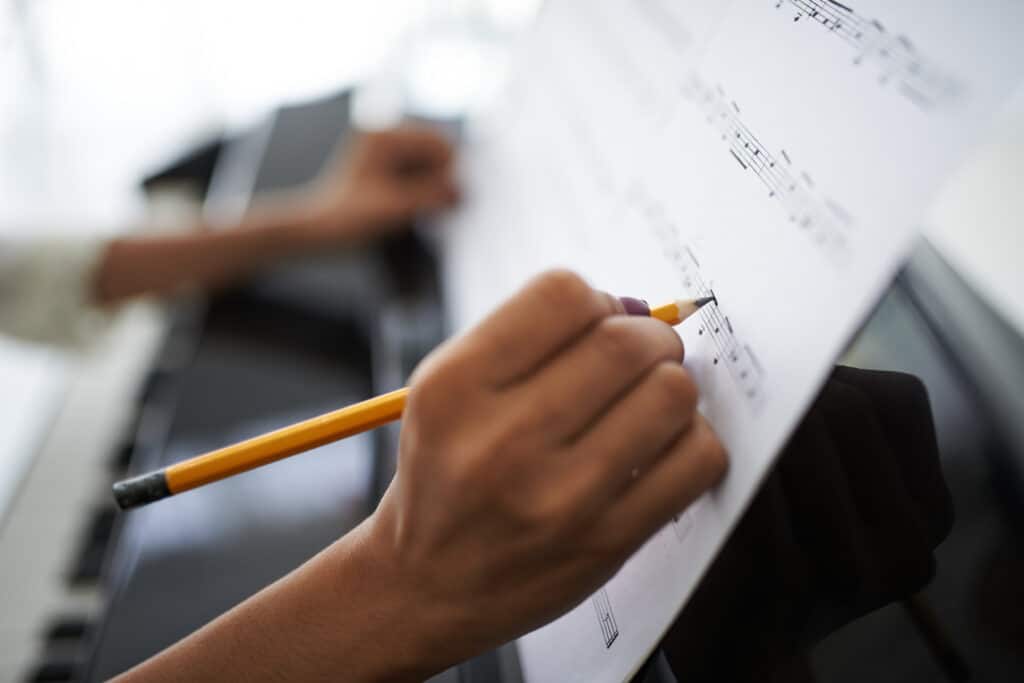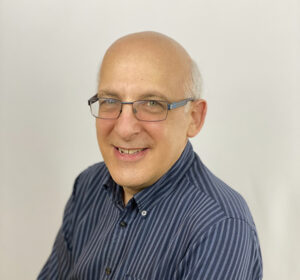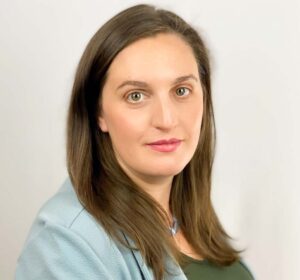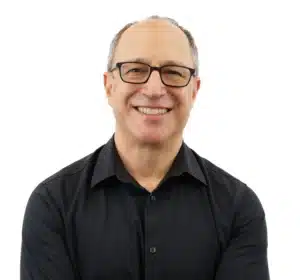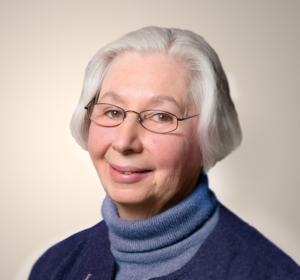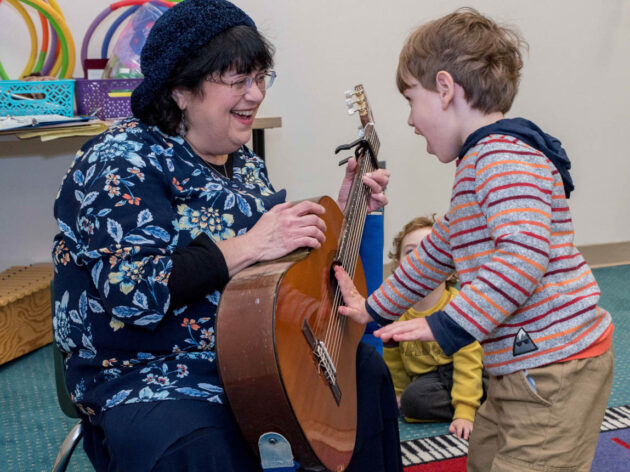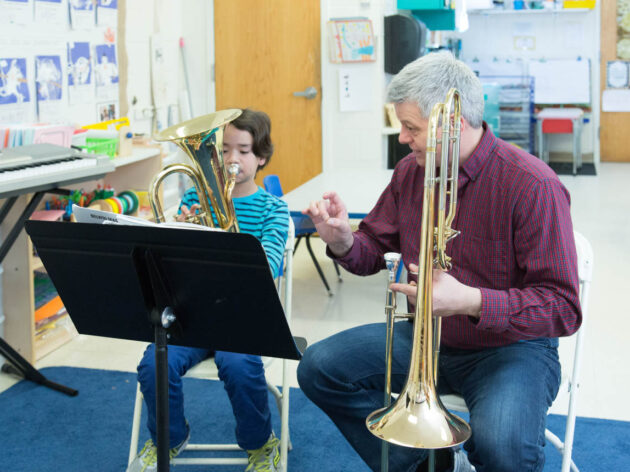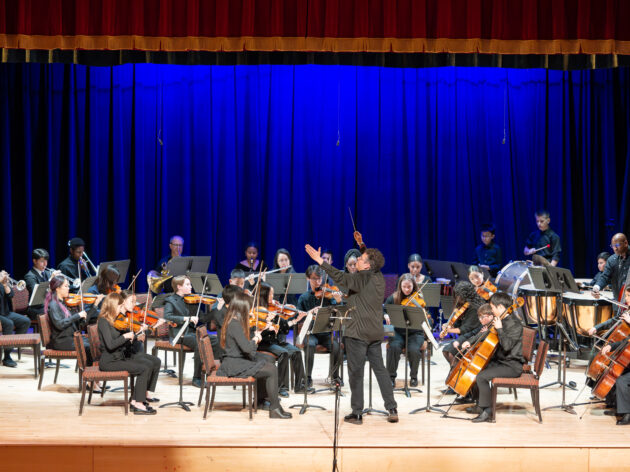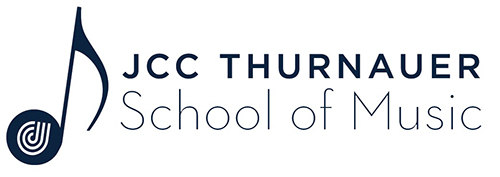
Thurnauer offers a variety of music classes to enhance your child’s music education experience. Creative Musicianship and Composition classes deepen students’ engagement with music by teaching them to recognize and create with music’s essential ingredients.
Students learn the fundamentals of rhythm and harmony. Composition classes give students the knowledge to compose their own original music.
For information, please call 201.408.1466.
All creative musicianship and composition classes are $810/$890
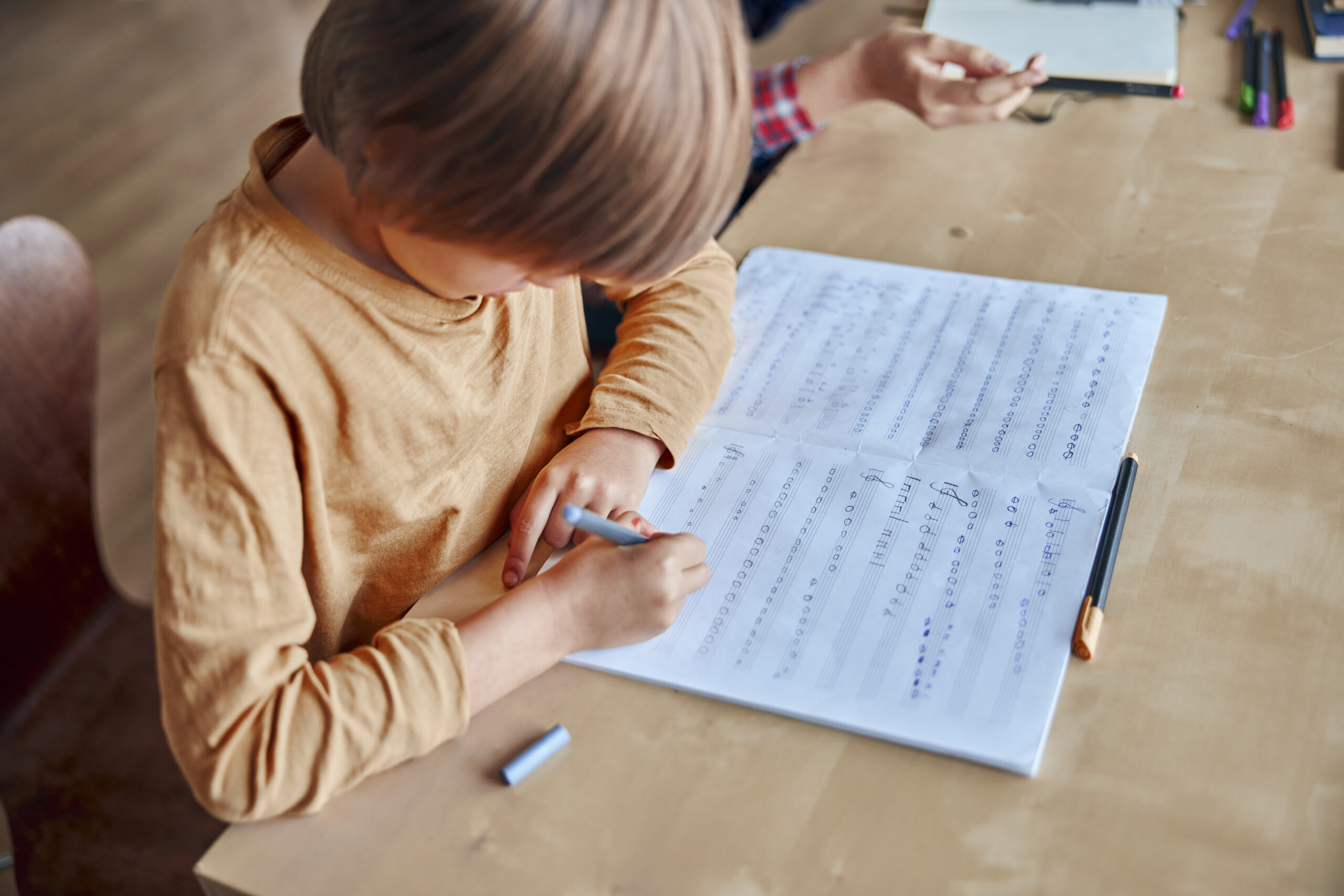
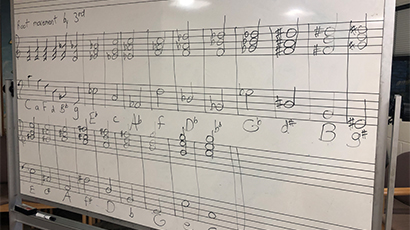
Creative Musicianship
AGES 6+ Years Old
For students taking private music lessons, Creative Musicianship classes build skills that complement instrumental performance, deepen the student’s awareness of how music is put together, and enhance the student’s understanding and enjoyment of music. We offer beginning to advanced Creative Musicianship classes including preparation for the Advanced Placement Music Theory exam.
Starts Sept 25, 2025
30 Classes
$840 / JCC Member
$920 / Public
Creative Musicianship classes bring together elements of music theory, ear training, and composition in order to further young musicians’ understanding of the language of music. Taken alongside instrumental lessons, these classes are designed to develop the whole musician, building skills that both complement instrumental performance and deepen the student’s awareness of how music is put together. Skills such as hearing the sounds of written music before they are played (sight-singing), translating heard sounds into notation (ear-training), and making creative decisions on how to choose and combine sounds (composition) all build a complete musical fluency.
In BEGINNING A/B*, students learn how to organize sound in time with staff notation in the treble and bass clefs. They play, sing and hear intervals based on the acoustic harmonic series. They internalize basic rhythms through the use of body beats and learn how to write them, as well as time signatures, and they improvise and compose as a group with these materials.
In BEGINNING C/D*, students learn to hear, play and distinguish between major and minor triads and their inversions, as well as the major scales and key signatures. They learn more advanced rhythms such as 16th notes and triplets through score-reading and using body beats. They use these materials to improvise and write group compositions.
In INTERMEDIATE A/B*, students learn to put triads together into cycles of progressions, more advanced rhythm (3 against 2), odd meters, more advanced score-reading, basic 4-part voice-leading, pentatonic scales, and class/individual compositions.
In INTERMEDIATE C*, students learn the Dorian modal system and modal harmony. They improvise and become fluent in writing, playing and hearing these progressions and scales. They write small compositions and analyze modes in orchestral pieces. They continue to study rhythms through score reading.
In ADVANCED A, students begin to synthesize prior knowledge and learn how to use and resolve diminished triads and 7th chords, and their inversions. They learn to recognize non-chord tones in score analysis and use these materials to write small compositions. They continue to study rhythms through score reading.
In ADVANCED B, students connect the chord cycles they learned earlier to harmonic progressions, and discover the effect of key signatures on cycles. They analyze progressions with 7th and augmented 6th chords in major and minor keys, and then write their own progressions. They also sing choral music from the Common Practice Era to study voice-leading, while recognizing the connection between the chords and the music.
* Purchase of the Alfred Complete Essentials of Music Theory is required.
Advanced Placement (AP) Music Theory Prep
Ages: 15+ Years Old
This course is a thorough study of musical elements that are on the Advanced Placement (AP) Music Theory exam and includes in-depth ear training, weekly assignments, and reviews, culminating in a practice exam and review. Students must purchase the Barron’s AP study guide. Registration is by consent of the instructor.
Tuesdays at 4:30-5:30 PM
15 Classes: Starts Jan 28
$430 / JCC Member
$470 / Public
Creative Musicianship for Guitarists
Ages 10+ (Including Adults) – Virtual Only
For intermediate and advanced guitarists (Suzuki Guitar Book 2+)
Prerequisite: Students must be able to identify notes on the staff, clefs, time signatures, and rhythms and understand how sharps and flats work. The completion of Creative Musicianship levels Beginning A through Beginning D is required for Thurnauer students. Students who are learning guitar elsewhere should be proficient in these skills as outlined.
Ever wonder why it helps you as a musician to learn music theory? Does the stuff you know in music theory seem like it has no relevance to learning the guitar? The Creative Musicianship for Guitarists class bridges the gap between theory and how it relates to what you play on the guitar. For example, the student will learn to construct major, minor, augmented, diminished, and seventh chords. They will use this information to find chord shapes in various positions on the fingerboard. Students will also focus on specific problems of harmonic analysis and explore how to analyze the melodic, rhythmic, and harmonic structure of classical guitar music. They will then learn how it relates to building a musical interpretation. Using their understanding of how composers put their works together, they will also compose guitar compositions based on music in the Suzuki guitar books in various styles and periods. The teacher and students will perform these student compositions.
Creative Musicianship for Guitarists has three levels:
Level 1 – TBD
Level 2 – 14 Classes, Sundays Starts Feb 2, 6:15-7:15 PM
Level 3 – 15 Classes, Tuesdays Starts Jan 28, 6:45-7:45 PM
Level 4 – 15 Classes, Sundays Starts Feb 2, 7:30-8:30 PM
$430 / JCC Member
$470 / Public
Composition
Composition 1: An Introduction to Music Composition
Ages: 9-12 Years Old
Musical composition is the art of creating original pieces of music. In studying composition, students learn to apply phrasing, form, harmony, orchestration, and musical expression to create personal and well-articulated musical ideas. In our classes, students engage in the artistic processes of creating, collaborating, and performing their musical ideas based on helpful feedback from the teacher and from their peers. These classes are largely project-based. Each student will have the opportunity to compose a piece, hear it performed, and experience new and exciting pieces composed by their classmates.
Tuesdays at 6:00-6:55 PM
15 Classes: Starts Jan 28
$430 / JCC Members
$470 / Public
Composition 2: Composition Workshop
Ages: 13+ Years Old
Musical composition is the art of creating original pieces of music. In studying composition, students learn to apply phrasing, form, harmony, orchestration, and musical expression to create personal and well-articulated musical ideas. In our classes, students engage in the artistic processes of creating, collaborating, and performing their musical ideas based on helpful feedback from the teacher and from their peers. These classes are largely project-based. Each student will have the opportunity to compose a piece, hear it performed, and experience new and exciting pieces composed by their classmates.
Thursdays at 7:00-7:55 PM
15 Classes: Starts Feb 13
$430 / JCC Members
$470 / Public
Composition 3: Orchestration and Arranging
Ages: 14+ Years Old
Have you ever wanted to perform a piece written for an instrument you do not play? In this class, students will learn how to adapt pieces for their own instrument and various kinds of ensembles. Students will learn about string, woodwind, brass, and percussion instruments, then create original arrangements of music according to their own interests. Recommended for intermediate to advanced music students.
Tuesdays at 7:00-7:55 PM
15 Classes: Starts Jan 28
$430 / JCC Members
$470 / Public
Meet the Team
See All JCC StaffFAQs
Why should my child study music?
- In addition to the enormous personal enjoyment music brings, music study helps children learn how to learn.
- Attending lessons and practicing an instrument each day teaches focus, concentration, patience, critical thinking and reflection – skills we use throughout our lives.
- Studies have shown that “students engaged in music programs outperformed their peers on every indicator: grade-point average, graduation rate, ACT scores, attendance and discipline referrals.”
- KU research establishes link between music education and academic achievement
Why should my child study at the JCC
Thurnauer School of Music?
- A school environment creates a community of musicians who inspire, motivate and befriend each other.
- Students benefit musically and psychologically from the expertise of our excellent faculty, the School’s warm, nurturing atmosphere and the experience of hearing other students make music at different levels of musical development.
- The Thurnauer School offers a stimulating variety of classes, performances, workshops, and recital opportunities.
Can my child just take private lessons at the Thurnauer School?
- As an introduction to learning an instrument, students can take just a private lesson, but only during their first year at the school. Thereafter, all students must take one or more components as part of their music program.
- Making music with others quickens the pace of learning and accomplishment. We also find that students have fun in these classes and that this is not only enriching but also highly motivational to them.
- Children in a full program of music study are “stretched”, musically and intellectually, as they learn new things and exchange musical and verbal ideas with their peers.
- A program that is limited to private lessons lacks the richness of learning about music. The more we understand, the more joy there is in playing and listening.
When should my child begin the study of music?
- Learning about music can begin at birth. However, the best age to start an instrument varies with the instrument and the child’s physical development. For example, violinists and flutists can begin as young as 3, whereas trumpet players should be at least 8.
- For children who are not yet ready to begin private lessons, we recommend our early childhood classes: Musical Explorers, Instrument Exploration, Piano Partners, and Young Drummers.
- Our classes for young children stand on their own, but they are also developmental, and will introduce skills to help your child with further musical study if it’s desired. “Developmental” also means dynamic; each week builds on the previous lesson.
How should we help our child select an instrument?
- The choice of instrument depends on the child’s interests, temperament and size. Most children have a natural affinity for a particular instrument or sound and, if given the chance to choose, will know what they like.
- We encourage sitting in on lessons and classes at our School. Please contact our scheduling director to arrange for a visit or a trial lesson: 201-567-7900 Ext. 375 or rsearles@jccopt.org
- Attending professional concerts and student recitals with your child can also spark interest in a particular instrument. Children are welcome to attend any of our student recitals.
How do we select an instrumental teacher for your child?
At the Thurnauer School, a great deal of care is given to finding the best “match” from among our fine faculty. Music School Director Dorothy Roffman meets individually with each new student and parent(s) prior to enrollment, observing the child and learning about the family before assigning a teacher.
What is the registration process for new students?
The process is all handled online. It includes completing the registration form, enrolling in your choice of lessons and class, completing the scheduling forms, submitting a tuition deposit and, if you are enrolling ina private lesson program, scheduling a meeting with the Music School Director.
Do I need to register for the entire year?
With the exception of some early childhood classes, our curriculum is designed as a full, 30 week program. That said, you can withdraw within the first five weeks of classes for a prorated tuition and a $75 processing charge. Thereafter, partial refunds are available as stipulated in our Terms and Conditions.
Does the Music School offer a payment plan?
Yes. You can set up an eight month payment plan that withdraws funds from your bank account or charges your credit card automatically each month.
Does the Music School offer Financial Aid?
Yes. The Music School has a number of endowed funds earmarked for this purpose, and over 15%of our students receive some form of tuition scholarship. Scholarship forms are available online, or you may request one from the Financial Manager, Dan Jatovsky at djatovsky@jccotp.org.
Are discounts available?
Yes. The following discounts are available for you and your family to enjoy the gift of music.
Sibling Discount
Save $25 off total tuition for a class or performance ensemble (if not part of a Private Lesson Program) SAVE $90 off total tuition for a Private Lesson Program
Refer a Friend Discount
Refer a new family who registers for private music lessons and you both get $100 off tuition
Contact Us

